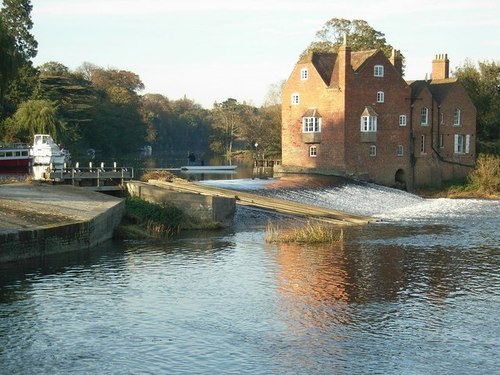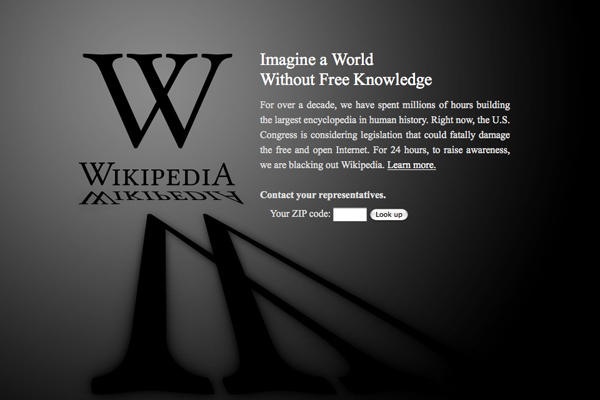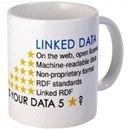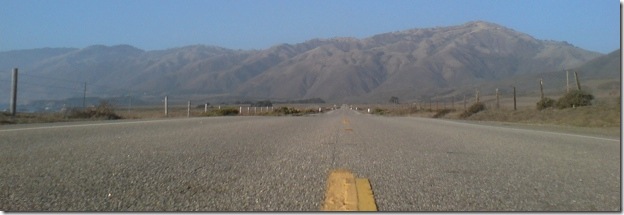
Ookaboo Release 1,000,000 Free Images For 500,000 Topics + RDF Too
Ookaboo “free pictures of everything on earth” have released nearly a million public domain and Creative Commons licensed stock images mapped with precision to concepts, instead of just words.
But there is more… They have released an RDF dump of the metadata behind the images, concept mappings and links to concepts in Freebase and Dbpedia









